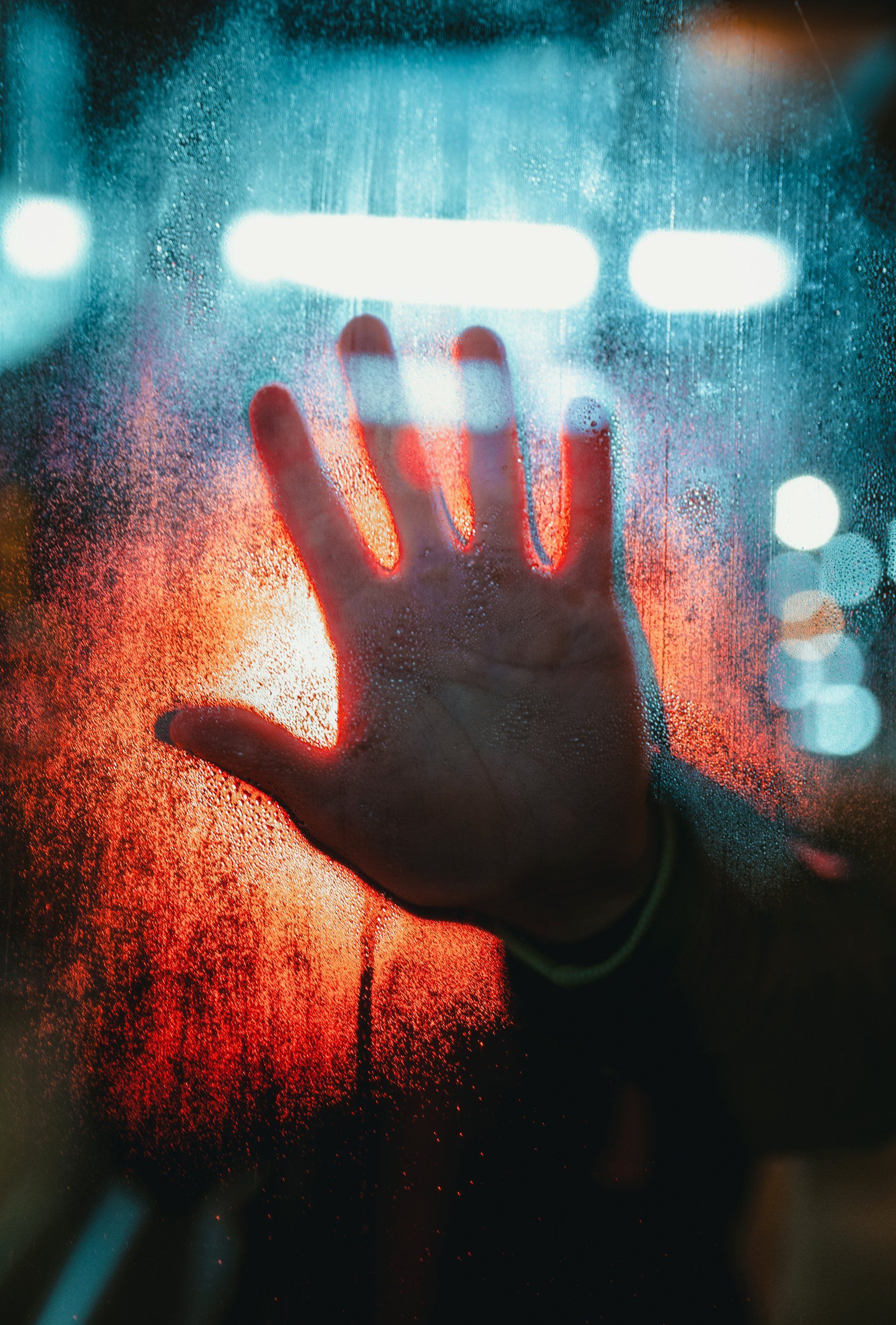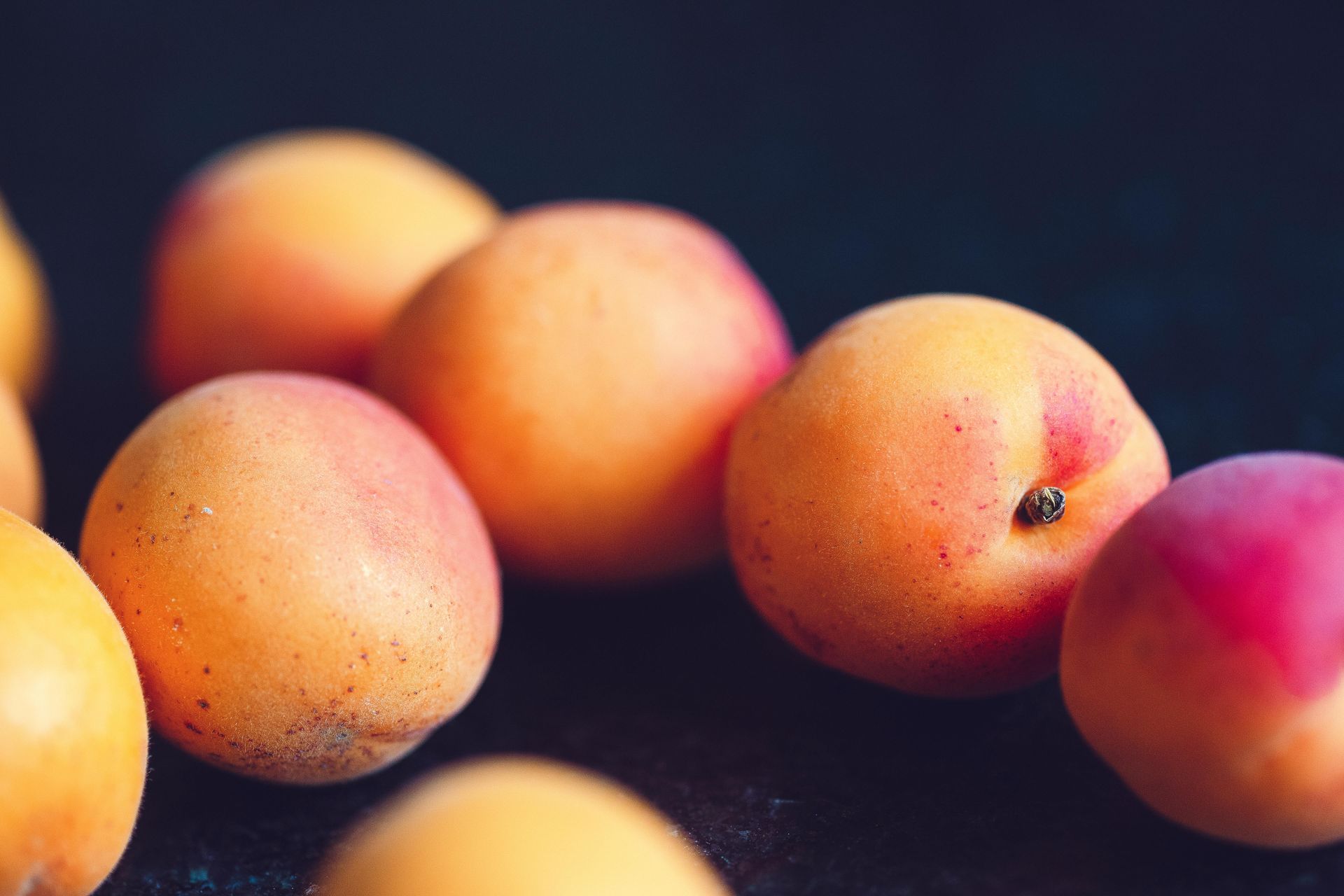Covid Disinfection News
The dangers of infected surfaces
The number of daily Covid-19 cases is rising across Europe. And it isn't just because countries are doing more tests. According to the European Centre for Disease Prevention and Control, the rising numbers indicate that people aren't always being careful enough around isolation and mask-wearing, and the measures put in place by governments are not always sufficient. At the same time we're seeing plenty more facts pinned down around the disease, its effects, and the way it spreads.
Here's the Covid disinfection news. This time we're looking into a few articles warning about the risk of respiratory droplets landing on smooth surfaces. As it turns out, the virus can last a worryingly long time on glass, plastic, metal and more.
How Covid stays infectious for longer than anyone thought
Thanks to the Virology biomedcentral site
for this one. We already know the spread of the virus has been both fast and alarming. Now we know more about fomite transmission. A fomite – fomes in the plural - is an inanimate object contaminated with an infectious agent which can transfer the disease to a new host.
For Covid this transfer mechanism wasn't well known or understood. Now we know a bit more.
A new study has measured the survival rates of the virus when suspended in a standard ASTM E2197 matrix, on several different kinds of common surface. All the experiments took place in darkness so the virus particles weren't affected by UV light, and the infected surfaces were stored at 20°C, 30°C and 40°C before being sampled several different times.
The results were worrying. The team observed Covid survival rates at different temperatures, calculating the half life of the infection. They found half-lives of 1.7 to 2.7 days at 20°C, a timescale that plummeted when the temperature rose to 40°C. When they examined a viral load that was about the same as the worst-case experienced by some infectious patients, the virus remained alive and viable for 'up to 28 days' at 20°C on glass, stainless steel and paper and plastic banknotes. Infectious virus particles survived less than 24 hours at forty degrees.
The study reveals how SARS-CoV-2 can stay infectious for 'significantly longer' than anyone imagined was possible. And that means we need to change the way we manage the fomite risk accordingly. It's yet another thing to consider, even though we already know the virus seems to transmit 'primarily via aerosols', and can remain infectious in the air for more than three hours.
While the role of fomites in the pandemic is yet to be pinned down, it's clear that 'high contact surfaces such as touchscreens on mobile phones, bank ATMs, airport check-in kiosks and supermarket self-serve kiosks' all act as fomites, and can remain infectious for a long time. It looks a lot like fomite transmission could be another way for the virus to spread.
More about how Covid spreads
We know the virus spreads mainly through close contact from person to person, including between people within six feet of one another. People who are symptomless spread the virus to other people. But in other respects we're still finding out the fine detail behind how the virus works. We know for sure that the disease spreads very easily from person to person, but it varies depending on the person. While it spreads more efficiently than flu, thank goodness it doesn't spread as easily as measles.
The biggest risks of all involve being in close contact with others. When an infected person coughs, sneezes, shouts, sings, talks, or even simply breathes they give off tiny respiratory droplets, some of which can form particles as they dry in the air. If you breathe these in, they get in your eyes or on your hands, then you touch your face, infections occur. As a rule the farther you are away from other people, the safer you are.
Some infections can be spread by droplets and particles that linger in the air for minutes, even hours, when you're indoors. Covid is one of them. That means staying six feet away from someone indoors won't always keep you safe, thanks to airborne transmission, and it's more likely to happen in a crowded enclosed space without enough ventilation, even after the crowd has dispersed.
Covid also spreads via contact with contaminated surfaces, simply because respiratory droplets in the air eventually land. If you touch an infected surface then touch your nose, mouth or eyes, you can get infected. It's very important to avoid crowded indoor spaces, and ventilate indoor areas as best you can. As a rule when you're outdoors or in an indoor space with good ventilation, the risk of respiratory droplets reduces.
There's more about the subject on the Centre for Disease Control website.
CDC confirms airborne transmission and fomite risk
The CDC has also revealed the startling risks behind respiratory droplets and fomite transmission. Larger droplets, sometimes so big they're visible, fall out of the air quickly, dropping to the ground or onto surfaces close to their human source. But smaller virus droplets and particles can stay in the air for a lot longer, as well as travelling farther from their source to land on surfaces, where they survive.
BBC reports about the virus living on surfaces
According to the BBC, the virus can stay infectious on surfaces like banknotes, phone screens and stainless steel for 28 days, as discovered by Australia's national science agency. While the coronavirus is mostly transmitted when people cough, sneeze or talk it can also be spread by particles in the air, and from touching infected surfaces like metal or plastic, according to the USA's Centers for Disease Control. So far infection from surfaces is thought to be less common. As the article says:
“Previous laboratory tests have found that SARS-Cov-2 can survive for two to three days on bank notes and glass, and up to six days on plastic and stainless steel, although results vary. However, the research from Australian agency CSIRO found the virus was "extremely robust," surviving for 28 days on smooth surfaces such as glass found on mobile phone screens and both plastic and paper banknotes, when kept at 20C (68F), which is about room temperature, and in the dark.”
'In the dark' is the operative phrase here. When you bathe surfaces in clean, disinfecting UVC light, the virus is damaged so badly that it can't reproduce. Job done!
UVC disinfection for Covid – Cleans dangerous surfaces beautifully
As all this new insight trickles in, it becomes even more obvious how incredibly useful our UVC Covid disinfection lights are. Not only do they kill 99% of pathogens on every surface the light shines on, they also kill the virus being carried in particles and droplets in the air. Could an army of human cleaners do the same job as safely and as well, without getting infected themselves? Probably not!










